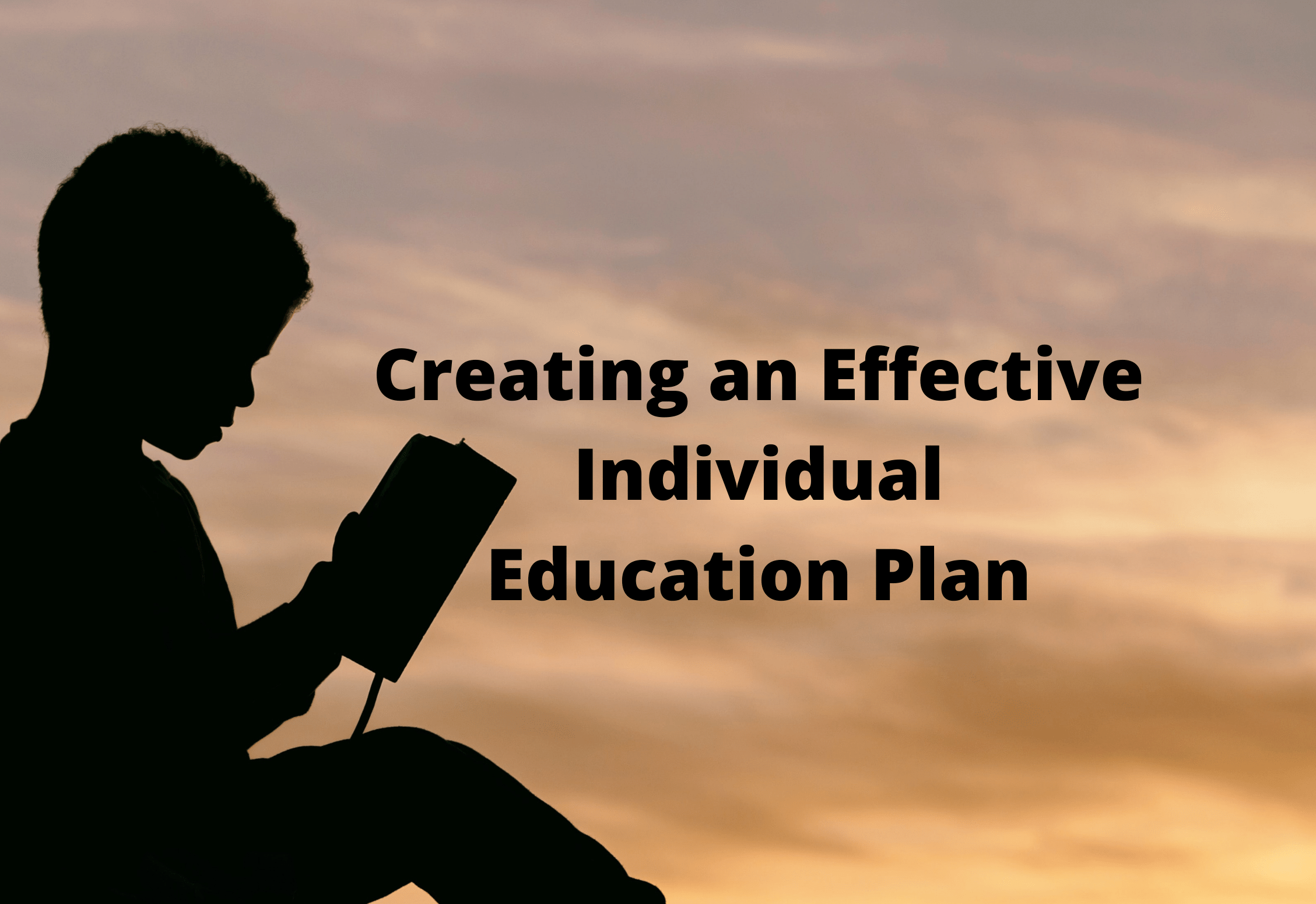If you have a child with special needs, you know that the most important thing is that they lead a happy, productive life – especially when they are at school. Individual Education Plans are developed to assist your child with specific needs they may have, but you may be asking yourself, what can you be doing during the summer to maximize the effectiveness of your child’s IEP? When it comes to making sure a student with special needs gets what they deserve to succeed, grow, and feel confident doing so, Cherice Fleming Togun takes the responsibility seriously. The IEP can ensure your child’s success in the classroom and make a huge difference in your child’s life. That is why we want to be thorough and considerate to any needs they may be having.
During this time, it can be stressful, and many points get lost in the fast-paced fun of the summer. Preparing can indeed take that stress away, and we at OLG always employ lists to keep our best tips and tricks at the top of our priorities. In this blog, we will detail some great recommendations for you to improve the effectiveness of your child’s IEP, all from Cherice, one of our excellent paralegals, and a mom with extensive experience on the matter.
Tip Number 1: Create A Bio for Your Child‘s Individualized Education Plan
Of course, you will have the legal document provided by the public school, but we think just talking about your child, their personality, likes and dislikes can really provide a lot of personality as well as provide your direct contact information. This opens the line of dialogue and helps humanize what can sometimes be reduced to a black and white document.
Sometimes, what can happen during these meetings – through no fault of anyone’s – is that, as you are dissecting the child’s needs, the details and nuance can become lost. Furthering that human connection with the teacher really creates that team mentality that betters comfortability, confidence, and an intricate understanding of that student. We recommend to include information about the child’s favorite foods, what they enjoy doing at home as well as how you like to reward them and some of their favorite interests. What is so fantastic is, as your child gets older, they can participate in this and help write their own bio, playing an active role in the team’s objective: which is to make learning fun and effective.
Tip Number 2: When Going to Meet the Teacher, Connect
Have copies of the bio available for the teachers and for the staff. Email works as well, but truly getting to know these individuals and helping them to get to know your student will make a world of a difference. In a school system, there are so many moving parts that, unfortunately, details concerning your child’s Individualized Education Plan can become lost in the processes. It is vital to, what we call, stand out amongst all of the noise that expectedly takes place, especially at the beginning of the year. Having these bios printed off will allow the staff and teachers to have the information readily available in order to focus on understanding your child and their story. Creating an empathetic relationship where you connect with the teachers will reinforce the fact that you’re a team.
Tip Number 3: A Good Individualized Education Plan Maintains Open Lines of Communication
Effective communication solves problems. It is vital to being able to bridge the gap between home life and school life. Having documented communication can truly help as well. Do not have all your conversations via phone, only because many times certain aspects that we said can be interpreted differently. By having open email communication, you inherently will be able to tell who you talked to, what was said, and when the conversation happened. This is all extremely helpful if an issue comes up in the future. We recommend to always err on the side of, “This is what appears to be happening…” versus accusatory language. Of course, it is so easy to become fighters in this scenario because these are our babies we are talking about! We must remind ourselves we are a team consisting of the child, the parents, and the teachers/ faculty. We all must work together to build a future for this student and have that process be enjoyable.
Generally, the team is not going to want to meet until 8-9 weeks into the school year, that way they have some viable data on your child’s life at school. Get an appointment on the books as soon as possible, and if anything must change to modify that, it can.
Tip Number 4: Get any third-party evaluations if needed
If, for some reason you’re not happy with evaluation the school’s psychologist completed, or even if you have some reports that need to be updated, summer is a perfect time for that. We’ve had schools say they don’t need that much documentation, but if you’re the type of parent that likes to be more thorough than less, then you will want to have more documentation to communicate all the details necessary to make the best decisions for the child’s needs. Our children are complex puzzles, and having solid psychological and medical evaluations will help the teachers and staff to stay in-tune with what that student needs specifically. It eliminates any possible confusion or misunderstandings in the future.
Tip Number 5: Try to Keep The Meeting Light Hearted
Let’s get real: these meetings can be hard. It can feel like you are being attacked, but the truth is that to create an effective plan, we need to be decisive and work together. Keeping things light and letting others feel comfortable in your presence opens a world of possibility for everyone to work as a team. If feel you need a lawyer’s help, reach out to us directly or read out step-by-step process right here. It may sound odd, but we truly believe that first impressions set a tone that reverberates for a long time. That is why we want to be careful and really cultivate a sense of confidence, comfortability, and connectivity.
As always, if there is a problem where you feel like you need someone to advocate on your behalf, we’re here to help you. You know your child better than anyone else, and many times it can help to get a third, objective party involved. What we recommend is being completely honest about the situation. You do have to let the school know that you will be bringing in someone to assist with a legal background. This can help to recalibrate your objectives, which should always revolve around the betterment of the child. It can truly be a beautiful thing when everyone comes together to work for your child’s best interest, and you really get to see your child blossom and perform to their fullest ability.
In conclusion, the main goal of an Individual Education Plan is to enhance your child’s potential to learn in a positive environment where they feel comfortable and confident. Many times, it takes a proactive approach on the part of everyone involved to have the IEP work effectively. If you have any questions at all, we have experienced attorneys, and we have staff that have worked hard to make their children’s, and their client’s children’s IEPs the best. We’re here to help you, and care so much about this aspect of what we do. A great Individual Education Plan can make a huge difference in your child’s daily life, so if you’re not getting the most out of your child’s IEP, we will make sure that you and your child do.
Last Updated on May 19, 2021 by The Orlando Law Group









